We think animals don’t think. Yet the miraculous abilities given by nature and the struggle for survival make us think hard to understand.
Marvel at the animal records
Record of “sex”
The shortest mating time belongs to small antelopes and elephants: one sex of these two species is only 10 and 20 seconds. The time spent each time for the “sex” of the lemur monkeys in Madagascar is 2 hours.
However, the record belongs to the mice: 12 hours. For this reason, after mating with a female, a male rat can only live 5-10 days longer.
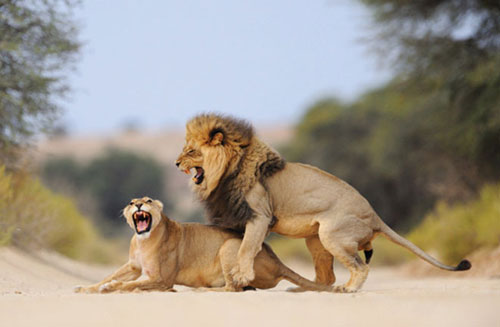
The record for the number of mating times belongs to the lion species: it can have “sex” 86 times / day.
And the female mantis makes people’s eyes widen as she eats her partner as soon as she is satisfied.
It may be a bloody experience for the neighboring spider. To avoid being eaten by the female spider, the male spider finds a way out: to offer its lover prey. And while the lover is busy eating, the male spiders act. By the time the female spider noticed it … it was good.
Wolves are known to be fierce, but they are the sweetest in “play” history.
The most loyal animal is the squirrel: a male gray squirrel can live 18 years with only one companion.
Sleep recording
Having only slept 4 hours a day is considered a record. Yet scientists have now discovered that Dall’s dolphins never sleep.
In contrast, some creatures are born only to sleep. The first is cats with 14 hours a day.
And the brown bears of the Pyrenees (France) sleep during the long cold winter. Don’t give up, macadamia species sleep for 6 months.
However, the sleep record belongs to African sloths and marsupials as they spend 80% of their time sleeping, or 19 hours per day.
Record weight and height
Water is the habitat of the largest animals. The longest is the giant jellyfish: 75 meters (or 6 buses). Then there are the blue whales: 35 m. Ranked third is the giant whale shark with 18 meters from head to tail. Closer to us than to mention the crocodile, the python, the shagreen is also in the “top ten” in length with 8 m. Compared to the above species, giraffes and elephants, although adding a neck and a long trunk, were only in line: a deer with the longest neck was only 6m; And the elephant had to give up with 4 m of hose.
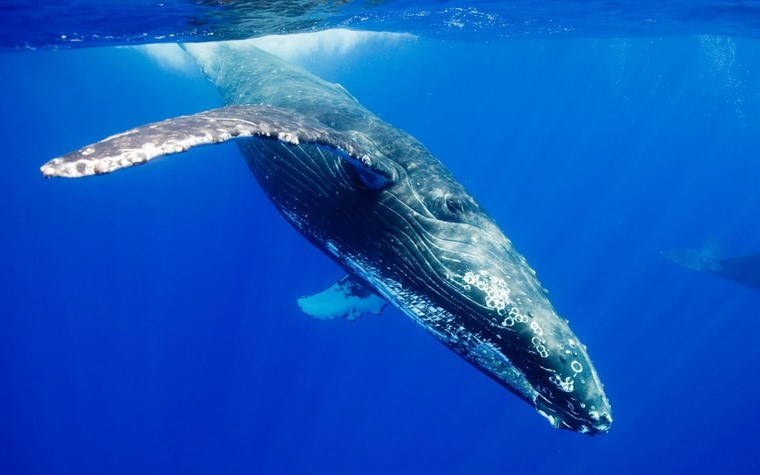
In terms of weight, the championship belongs to the blue whale. The heaviest can weigh up to 190,000 kg, the equivalent of the weight of 30 elephants combined. The second is the whale shark (40,000 kg). Giant elephants ranked third because they weighed only 6000 kg. In addition, rhinos and hippos also have a significant weight: 3000 kg each.
Record of life expectancy
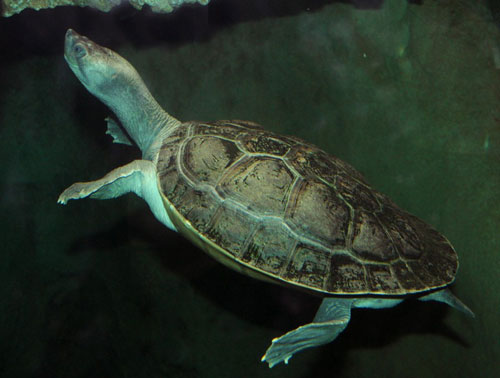
It seems that nature has taken the living part of the phytoplankton and added it to the turtle species. But while this insect can only live for a full day, the old turtle can live 150 years. And the longest life record of a bird belongs to the seagull: it only suffered from flutter when it lived 80 years.
The most muscular animal
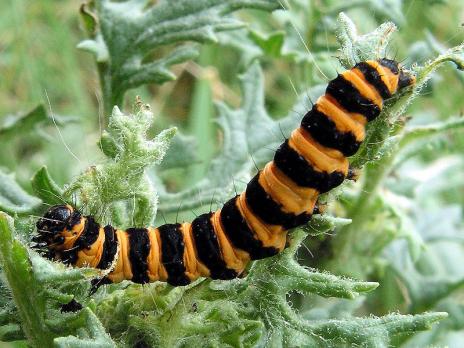
Everyone thinks that horses run their whole lives to break muscle mass records. In fact, an ordinary horse has 1,200 muscle cords. However, the record belongs to the worms with 2,000 muscles concentrated in the rings. This is how they can be twisted or turned so easily.
Animals with the most teeth
“Ten open laughing teeth” – this is only true for humans. A crocodile just needs to “open its mouth and smile” to reveal 120 teeth. During its lifetime, a crocodile has more than 3000 teeth, that is, its teeth fall out and grow back 25 times. However, the record for most teeth count belongs to the shark when they own a jewelry set of 3000 white teeth that any toothpaste maker should want. As soon as one falls, another awaits the right place and will grow. Just like that, in its lifetime, a shark has 20,000 teeth.
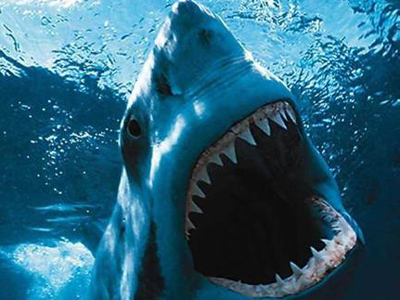
The record for the largest and heaviest teeth belongs to the elephant. The weight of the elephant’s milk teeth also weighs up to 4 kg. And each of the hippos also weighs 1 kg. Not much, not big, not as heavy as the teeth of a shark, elephant or hippo, but the teeth of the sea lion are reminiscent of people because they are 80cm long, the height of a 5 year old baby.
The most voracious animal
The elephant is at the top of the list of predators. Every day, an adult elephant consumed 200 kg of hay, drinking 200 liters of water. Then, to mention vultures and lions, at each meal they can eat up to 40kg of food instantly. Monkeys are famous for their fast food, they can eat up to 50 bananas in one batch. For its part, every day, the red-necked bird eats all the worms with a total length of 4.3 m (equal to the length of a car). Crocodiles are no less special when it comes to feeding: not to mention living prey, crocodiles can eat rocks.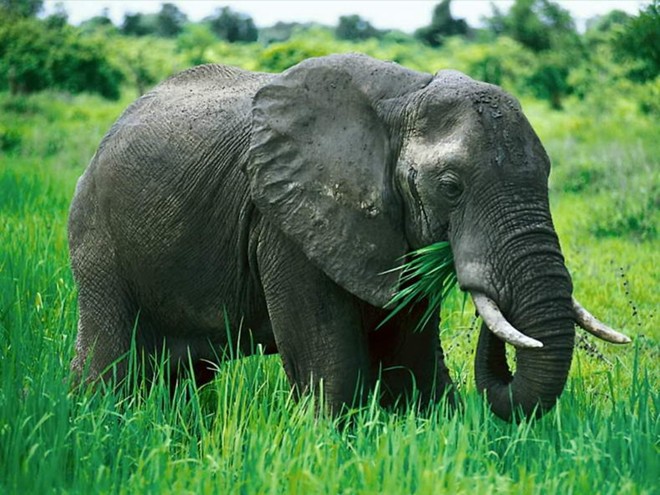
In terms of the ability to fast, the snake family should be called the king: every year, just … 8-10 meals are enough for them; A python can starve for 12 consecutive months, but as soon as it encounters a blacklegged antelope, it can eat up to 60 kg.
Recording of pregnancy time
The shortest gestating animal is the marsupial of the Americas: 12 days. Next comes the mouse: 3 weeks. This is also the reason why in this world there are so many rats. The third place is rabbits: one month old and can lay 5 to 12 animals / hour.
The longest gestating animal is the rhinoceros: 1 year 6 months 20 days and the Asian elephant: 2 years and 1 month. But the record belongs to the black salamander living in the Alps (France): 3 years 2 months and 20 days.
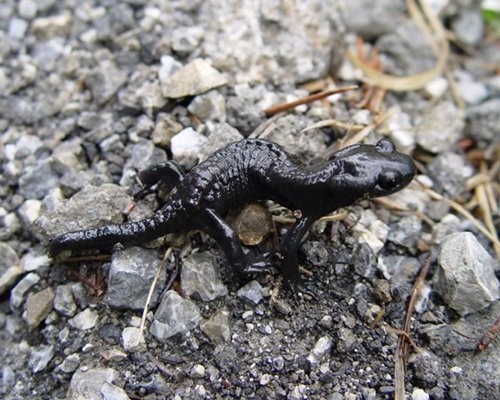
Save the smell
If someone tells you that a dog is the most auditory animal in the nose, don’t believe them. Dogs are only third in terms of the ability to recognize smells from afar. The record holder in the field is the moth. A male butterfly (we know it as the silkworm) can smell an odor 11 kilometers away. Then there are the sea otters, which can detect the smell of smoke from five miles away. The shark can detect the smell of a small drop of blood dissolved in 115 liters of water. Dogs are only third in terms of detecting odors from afar, but they are at the top of the list of animals able to distinguish multiple smells: 100,000 different smells (remember that an odor specialist can only tell them apart. 3,000) odors only).
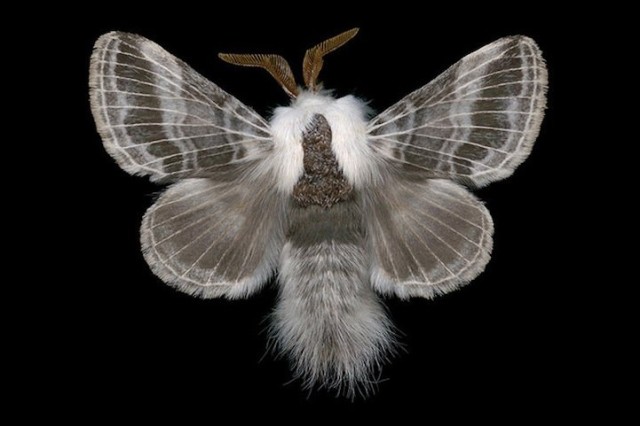
Record of nest construction
The species that builds the largest nest is the eagle: scientists have discovered in Scotland a 4.5m deep nest made with its beak and pedicure by the eagle itself.
The biggest feat is the swallow’s nest: to finish building a nest, the swallow has to fly back and forth 1000 times using its beak to mix mud with the strip as material.
The beaver chewed an oak log 20 cm in diameter in less than one night to build the nest.

Recording for hearing
The loudest cry belongs to the blue whale. It has been calculated that his voice could reach the loudness of a rocket sending a space shuttle into space. On the other hand, because there is a very hearing ear, the blue whale is able to communicate with its fellows on … across the ocean.
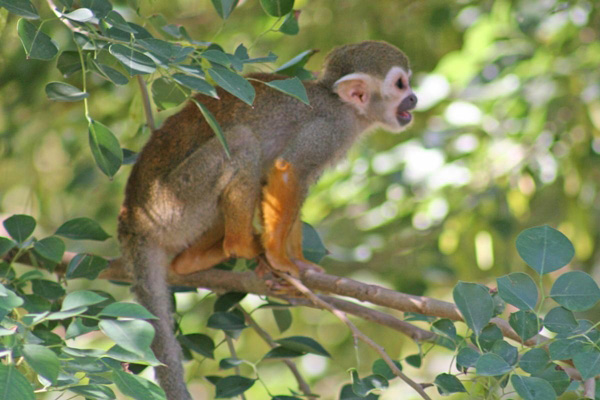
A monkey’s cry can be heard up to 15 km away. And the star heron is in the Guinness Book with a “song” like a roaring cow and broadcast 4 km away. If you want to be calm, it is better to stay close to the rabbit’s territory: to signal danger, the animal only touches the ground with its hind legs. For their part, dolphins are still constantly the subject of many studies because their languages are so diverse and mysterious. In particular, they can hear ultrasound when humans cannot.
Saving the view
Birds of prey have the best appearance: migratory cut birds can spot a pigeon at a distance of 8 km; The eagle is able to spot a hare at a height of 3000 meters.
The animal with the largest eyes was the giant squid: its lens was 38 cm in diameter … the size of a basketball.
In mammals, jerkers record the record for having the largest eyes (5.5 cm in diameter) and the fruit is not mistaken when we say that the horse that sees us is 7 times bigger than its actual size.
The animal known for its “beautiful” eyes is most similar to the clam. Jacques. Along its coat, this scallop has 2 pairs of eyes made up of many small blue eyes; Their number of eyes increases with age.
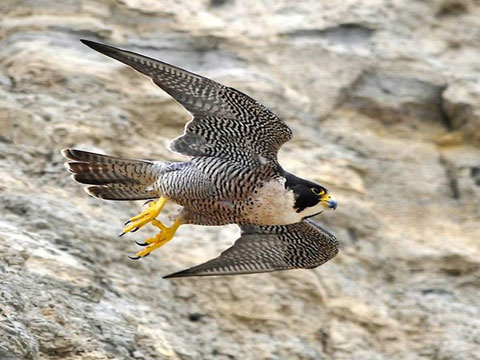
The fastest animals
The gold merit medal is awarded to the cheetah with a speed of 101 km / h. The silver medal belongs to the antelope with 98.16 km / hour. They have only won the bronze medal with 98 km / hour.
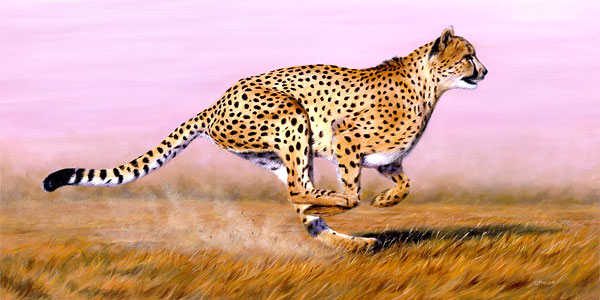
The best fasting animals
The tuberculous snake neither eats nor drinks, on average it has 78.2 days, the longest 107 days and at least 34 days. If you give them water to drink, the fasting strength will increase or decrease once, on average 148 days of life, of which the best fasting child can live 392 days, the weakest will also live 80 days. Why are snakes so good on hunger strike?
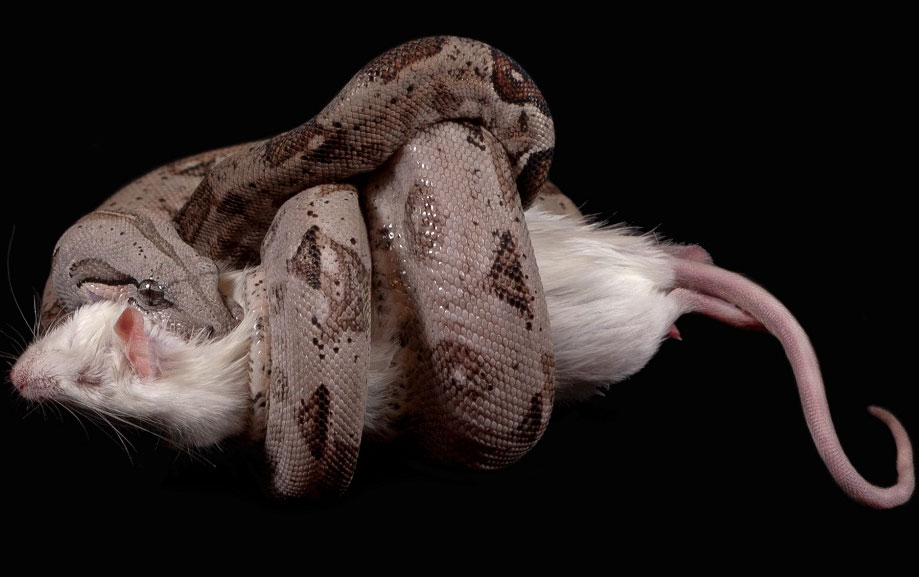
“Fully exploit”
The hobby of eating snakes is very big, there are snakes that can swallow 4-5 small white mice and sparrows in one breath. A snake can swallow a bird 10 times its size. Food in the abdomen within 4-5 days was completely digested, leaving no bones. There is only a little hair left in their droppings. After absorbing all the nutrients from the food, the weight of the snake increases significantly. For example, if a snake eats 300g, its weight will increase by an average of 100g, with the highest gain reaching 72.7% of its food intake.
Each fall, snakes are busy searching for prey to build up energy stores, preparing for “do not eat idle” hibernation when needed. If you cut snakes before this time, you will see that they contain a lot of fat. It is an abundant source of energy that snakes will gradually “burn off” in cold winter weather.
“Absolute savings”
Touching the bodies of birds such as chickens, pigeons, or mammals like cats, dogs and even humans is hot. They are isothermal species. But touching the snake will be cold. They are thermogenic animals.
Isothermal animals must always keep their body temperature stable, so it takes a lot of energy in the body to maintain this state. If exhausted, must complete. For example, birds must add an amount of food equal to their body weight each day to achieve this goal. As for snakes, one year and four seasons, their body temperature is not the same, in one day their body temperature also varies a lot depending on the change in ambient temperature. Therefore, snakes mobilize much less energy in the body than isothermal animals.
Comparing pigs and python of the same weight, if a pig consumes 150 parts of energetic material per day, only one part of python is enough. In hibernation, they consume less. After more than 5 months of rest, the weight of the python only decreased by 2%. In the animal kingdom, turtles and birds also have high energy craftsmanship


